Connect
A Skewed Definition of Health and Beauty
While I’ve known for a long time that most images of models or fitness experts have been Photoshopped, I didn’t realize how drastic—and potentially damaging—these routine “fixes” were until I saw my own body transformed for a publicity shot.
Who’s That Girl?
I was so excited to go to this particular photo shoot. I’d seen many other successful fitness professionals go to big shoots like the one I was about to attend, so I felt like I was doing the right thing for barre3 and for my career. You can imagine my surprise when I got a look at the finished product and saw that I didn’t look like myself at all.
They slimmed me here and padded me out there. They smoothed out my wrinkles, fixed my hair, and even changed my eye color! I looked like a wax figure. My own mother didn’t recognize me when she saw the photo.
I was flooded with emotions when I saw the image. Aside from the retouched picture looking creepy and downright ridiculous, the overarching message that I wasn’t good enough “as is” was more powerful than anything. Am I too old? Are my eyes too small? Is my natural body not enough?
Then I got angry. First at myself. Why did I allow this to happen? Why did I trust other people to represent me and what my company stands for? Even before they Photoshopped me, I let myself down. Why didn’t I question why I had to stand in such an awkward and demoralizing way? Most of all, I felt dishonest. The image didn’t represent me or what I stand for.
I often say that barre3 is about feeling really good in your own skin, so the fact that they literally changed my skin made my heart sink. I felt like a complete fraud: to my friends, family, team and most importantly all the clients who look to me as their teacher. I care how people who don’t know me see me as well. I care because this image represents everything I’m fighting against in the fitness industry.
A Skewed Definition of “Health” and “Beauty”
The fitness industry has come up with a very specific — and unrealistic — image of what health and beauty look like. Every time it puts this “perfect” and manipulated body out there as inspiration, we’re set up to fail. My entire professional career and lifestyle is centered around being healthy, and yet even my real body wasn’t considered marketable. What message does that send? Instead of exercising to be healthy or to feel good, the message is that we’re supposed to exercise to look like someone else. The problem is, if your goal is to look like someone else, you’ll never be successful.
Add to that the liberal use of Photoshop to “perfect” these experts’ bodies, and this false ideal of beauty and health isn’t just unrealistic, it’s dangerous. This is not what beauty is, and it’s not what healthy is — and being attached to this ideal makes it nearly impossible to be happy. People risk injury and depletion by pushing their bodies too far and depriving themselves of food just to achieve a “perfect” body. By aspiring to this “healthy” ideal, people often make themselves completely unhealthy.
Where Do We Go From Here?
It’s been encouraging to see the recent backlash to this unrealistic ideal of fitness and beauty. Darling, one of my favorite magazines, has a strict policy against Photoshopping women’s faces and bodies. And even more mainstream, the Today Show aired a popular Love Your Selfie series, which explored our culture’s obsession with body image and aging. As I was writing this article, a friend shared a video of author Cheryl Strayed telling a very similar story as mine about being Photoshopped in a Vogue article about her book Wild. She even compared her altered image the way I did as “an unrecognizable wax doll.” She described her transformation as being “ugly.” I agree with Strayed, and I’m not alone. In many ways, the world seems to be waking up to the fact that real is beautiful.
Still, it’s a complicated issue, I struggle with it as much as anyone. I love the way a good Instagram filter can brighten a face or blur things just enough, and I have seen Photoshopped pictures of myself that I like. But my work is not to put on a face for anyone, because that’s not what I value. My power is not in how I look; it’s in my wisdom, my words and my education.
It’s a constant practice to shift my mindset from external perfection to health and well-being. I’m bombarded every day with an image of what fitness is supposed to look like, and it’s a challenge not to succumb to it. My team helps keep me focused. Before every photo shoot, we hold hands and remind each other that our purpose is wisdom, not perfection.
So now, I invite you to hold my hand, too. Let’s do this together. Instead of exercising for external reasons, let’s exercise to feel good, have energy, and learn about ourselves. Instead of striving for hard bodies, let’s strive for wise bodies. Let’s embrace our health, not someone else’s ideal. And let’s remember that wrinkles are not the enemy. It’s a great privilege to age, so why not celebrate the laugh lines? The most beautiful older people I know are also the most natural, the happiest, and the most confident in their own skin.
As someone who runs a fitness brand, I’m committed to showing real people in photos for barre3, whether for promotional materials or on our blog. We want the images we promote to match our motto: honor your truth. And what should you hold up as your healthy ideal? Your own body. It’s great to learn from the experts, but don’t aspire to be them (and certainly not the fake version of them). I encourage you to exercise and eat well to achieve your best self — not someone else’s — both in body and mind.
I’ll be right there with you, beautiful wrinkles and all.
While I’ve known for a long time that most images of models or fitness experts have been Photoshopped, I didn’t realize how drastic—and potentially damaging—these routine “fixes” were until I saw my own body transformed for a publicity shot.
Who’s That Girl?
I was so excited to go to this particular photo shoot. I’d seen many other successful fitness professionals go to big shoots like the one I was about to attend, so I felt like I was doing the right thing for barre3 and for my career. You can imagine my surprise when I got a look at the finished product and saw that I didn’t look like myself at all.
They slimmed me here and padded me out there. They smoothed out my wrinkles, fixed my hair, and even changed my eye color! I looked like a wax figure. My own mother didn’t recognize me when she saw the photo.
I was flooded with emotions when I saw the image. Aside from the retouched picture looking creepy and downright ridiculous, the overarching message that I wasn’t good enough “as is” was more powerful than anything. Am I too old? Are my eyes too small? Is my natural body not enough?
Then I got angry. First at myself. Why did I allow this to happen? Why did I trust other people to represent me and what my company stands for? Even before they Photoshopped me, I let myself down. Why didn’t I question why I had to stand in such an awkward and demoralizing way? Most of all, I felt dishonest. The image didn’t represent me or what I stand for.
I often say that barre3 is about feeling really good in your own skin, so the fact that they literally changed my skin made my heart sink. I felt like a complete fraud: to my friends, family, team and most importantly all the clients who look to me as their teacher. I care how people who don’t know me see me as well. I care because this image represents everything I’m fighting against in the fitness industry.
A Skewed Definition of “Health” and “Beauty”
The fitness industry has come up with a very specific — and unrealistic — image of what health and beauty look like. Every time it puts this “perfect” and manipulated body out there as inspiration, we’re set up to fail. My entire professional career and lifestyle is centered around being healthy, and yet even my real body wasn’t considered marketable. What message does that send? Instead of exercising to be healthy or to feel good, the message is that we’re supposed to exercise to look like someone else. The problem is, if your goal is to look like someone else, you’ll never be successful.
Add to that the liberal use of Photoshop to “perfect” these experts’ bodies, and this false ideal of beauty and health isn’t just unrealistic, it’s dangerous. This is not what beauty is, and it’s not what healthy is — and being attached to this ideal makes it nearly impossible to be happy. People risk injury and depletion by pushing their bodies too far and depriving themselves of food just to achieve a “perfect” body. By aspiring to this “healthy” ideal, people often make themselves completely unhealthy.
Where Do We Go From Here?
It’s been encouraging to see the recent backlash to this unrealistic ideal of fitness and beauty. Darling, one of my favorite magazines, has a strict policy against Photoshopping women’s faces and bodies. And even more mainstream, the Today Show aired a popular Love Your Selfie series, which explored our culture’s obsession with body image and aging. As I was writing this article, a friend shared a video of author Cheryl Strayed telling a very similar story as mine about being Photoshopped in a Vogue article about her book Wild. She even compared her altered image the way I did as “an unrecognizable wax doll.” She described her transformation as being “ugly.” I agree with Strayed, and I’m not alone. In many ways, the world seems to be waking up to the fact that real is beautiful.
Still, it’s a complicated issue, I struggle with it as much as anyone. I love the way a good Instagram filter can brighten a face or blur things just enough, and I have seen Photoshopped pictures of myself that I like. But my work is not to put on a face for anyone, because that’s not what I value. My power is not in how I look; it’s in my wisdom, my words and my education.
It’s a constant practice to shift my mindset from external perfection to health and well-being. I’m bombarded every day with an image of what fitness is supposed to look like, and it’s a challenge not to succumb to it. My team helps keep me focused. Before every photo shoot, we hold hands and remind each other that our purpose is wisdom, not perfection.
So now, I invite you to hold my hand, too. Let’s do this together. Instead of exercising for external reasons, let’s exercise to feel good, have energy, and learn about ourselves. Instead of striving for hard bodies, let’s strive for wise bodies. Let’s embrace our health, not someone else’s ideal. And let’s remember that wrinkles are not the enemy. It’s a great privilege to age, so why not celebrate the laugh lines? The most beautiful older people I know are also the most natural, the happiest, and the most confident in their own skin.
As someone who runs a fitness brand, I’m committed to showing real people in photos for barre3, whether for promotional materials or on our blog. We want the images we promote to match our motto: honor your truth. And what should you hold up as your healthy ideal? Your own body. It’s great to learn from the experts, but don’t aspire to be them (and certainly not the fake version of them). I encourage you to exercise and eat well to achieve your best self — not someone else’s — both in body and mind.
I’ll be right there with you, beautiful wrinkles and all.


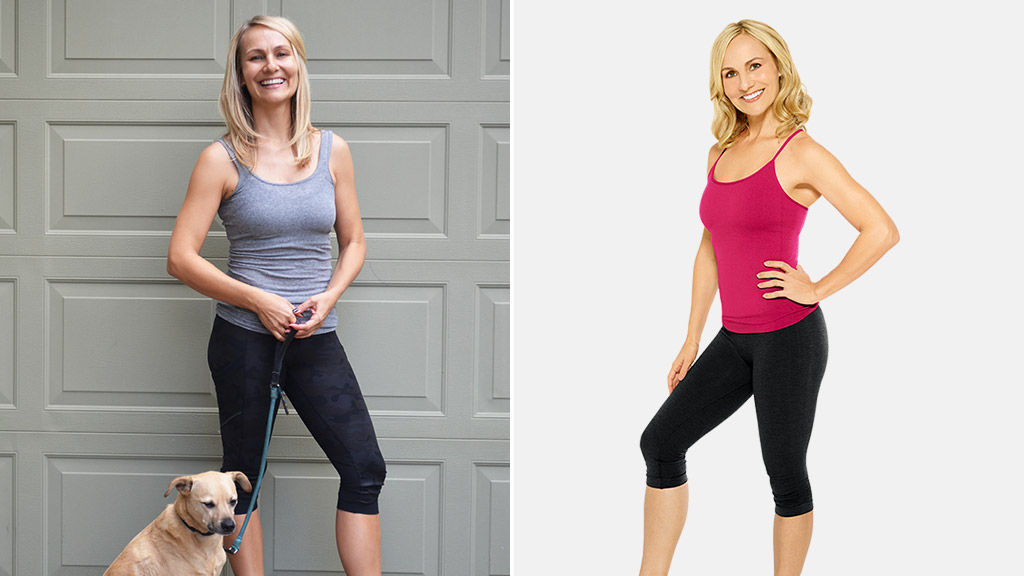
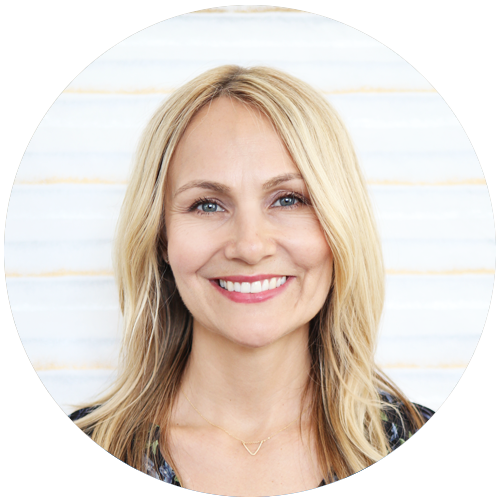
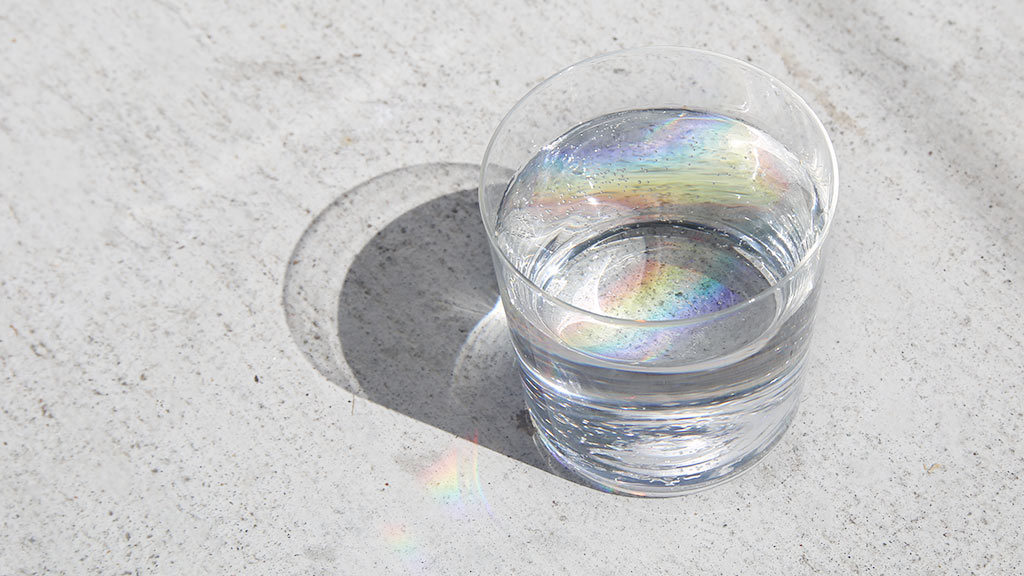
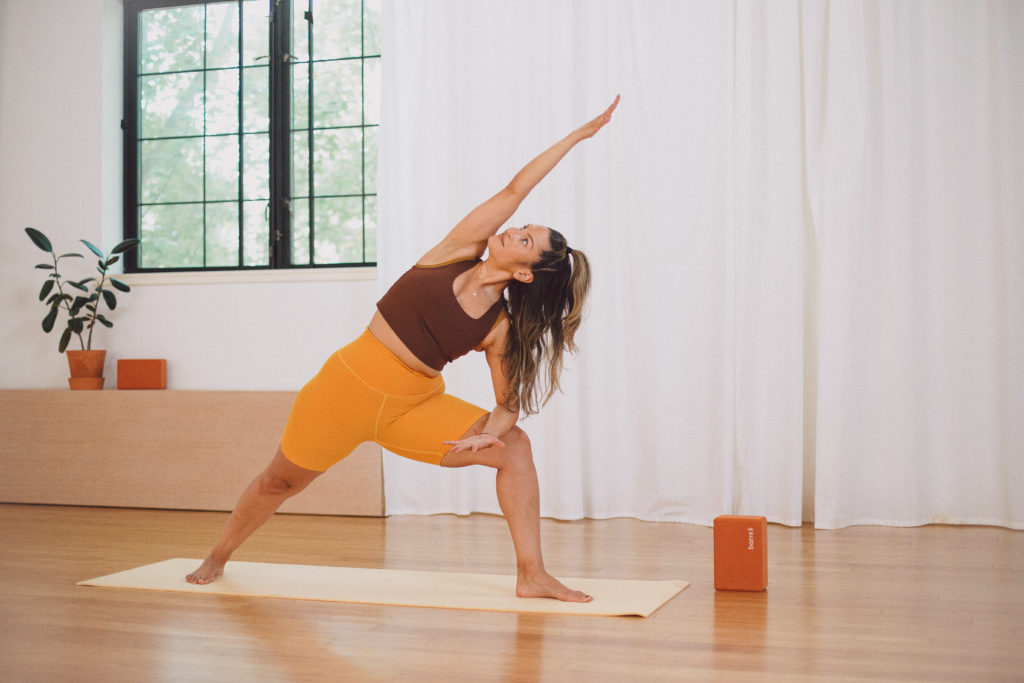
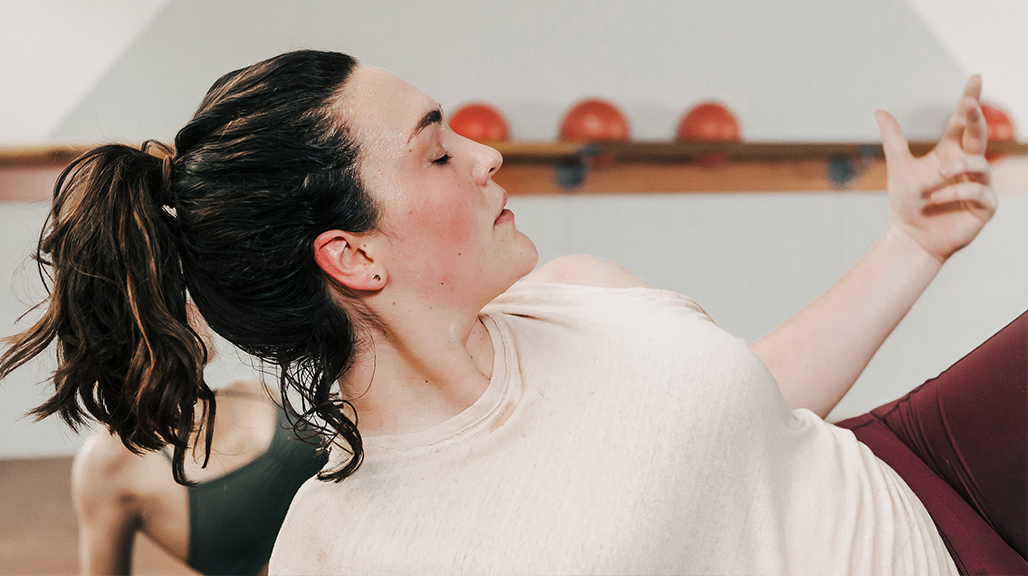
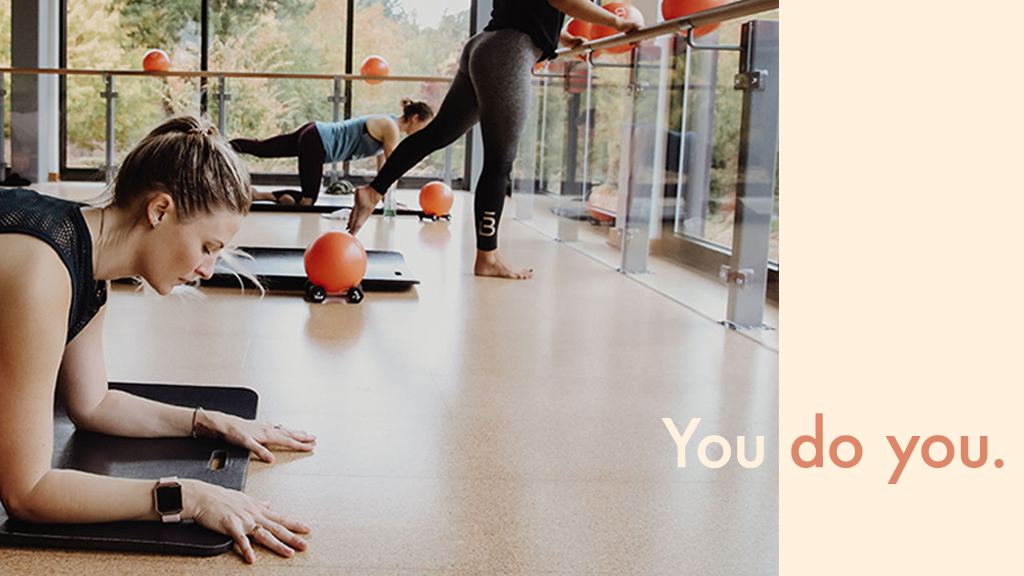



87 people have left a comment. Join the conversation!
View Comments